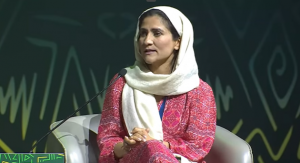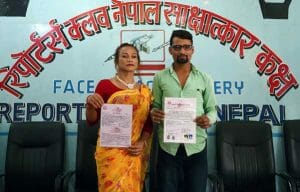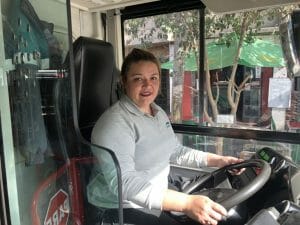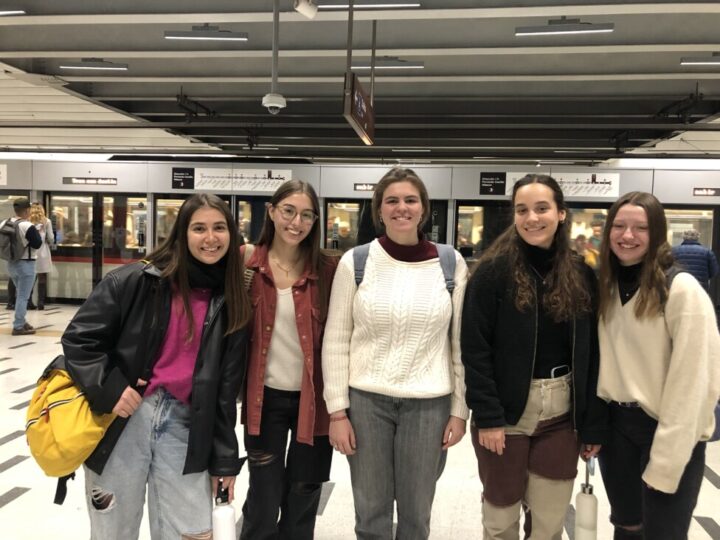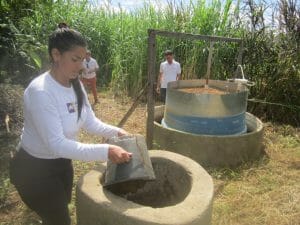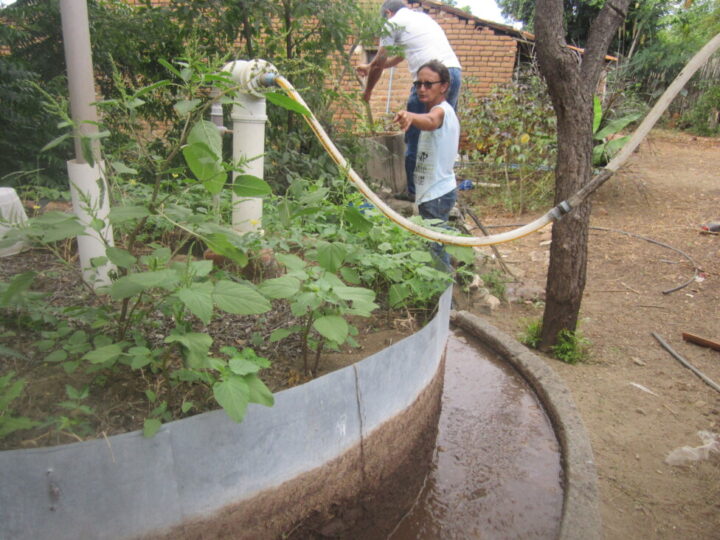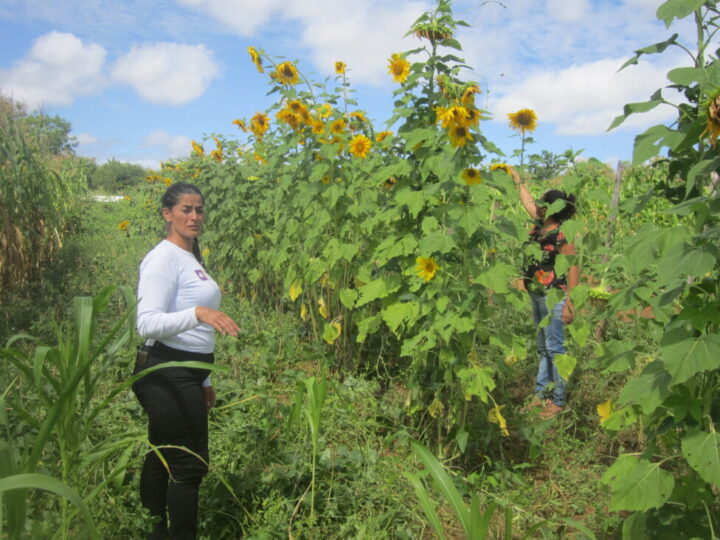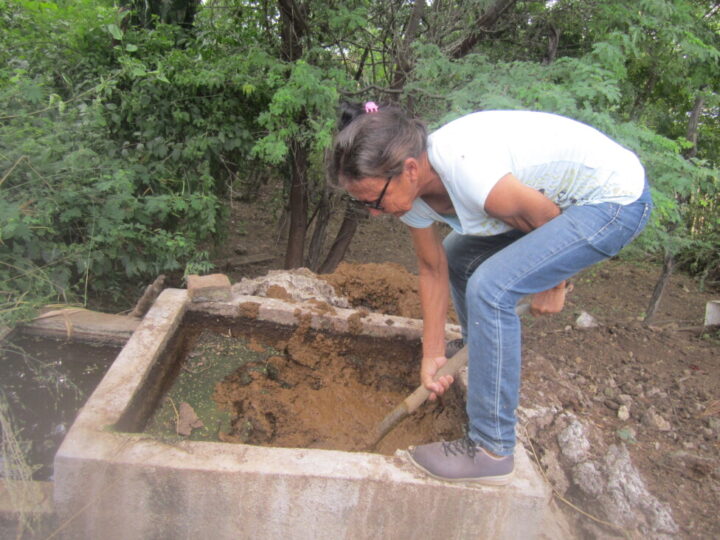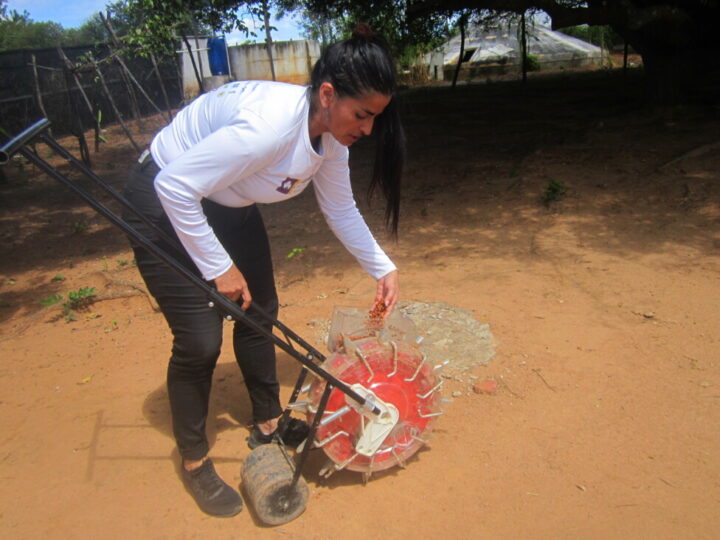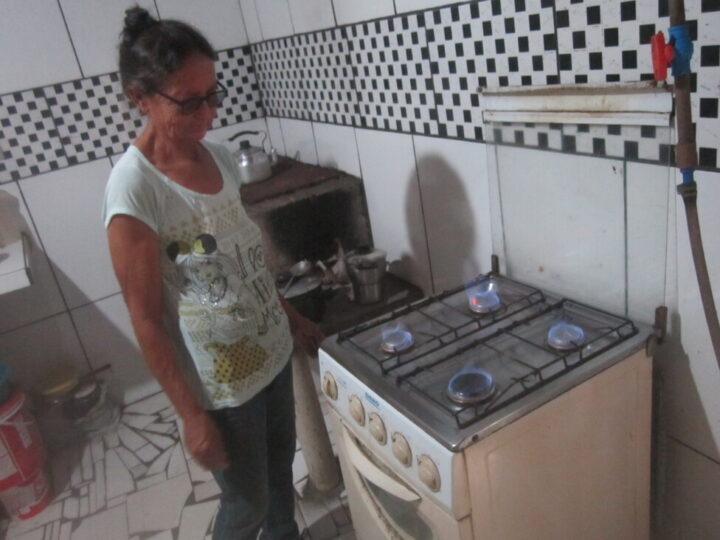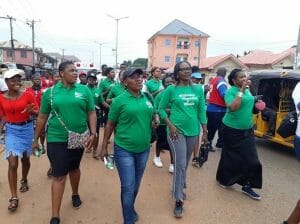

Nigerian law protects widows, but the reality they face is quite different.
By Promise Eze
SOKOTO, NIGERIA, Aug 3 2023 (IPS)
In February this year, Chichi Okonkwo not only lost her husband but was stripped of everything they owned together. Her husband was severely injured in a car accident about a month earlier. Despite being rushed to a hospital in Enugu, where they resided, he succumbed to his injuries weeks later. To compound her grief, Okonkwo’s late husband’s male siblings forcibly entered her home in the city a few hours after his passing, confiscating her husband’s land documents, car, money, clothes, and marriage certificate.
In the wake of these heart-wrenching events, Okonkwo was left with nothing but her six children. The eldest is just 18.
“They took everything my husband and I owned and forcibly evicted me and my children from our home,” laments Okonkwo. “They heartlessly claimed that, as a widow, I had no rights to any of my late husband’s possessions.”
Okonkwo’s children are now out of school because she was a housewife who depended on her husband’s income and is now left with nothing. She revealed that her late husband’s siblings, who seized and were aware of his bank PIN, callously left her with a mere 1 000 naira (approximately USD 2) out of the 2 million naira ($2,600) he had in his account.
Okonkwo said her husband’s relatives swore to drag her to court to challenge her rights, but she cannot afford a lawyer due to her financial situation.
In Nigeria, there are around 15 million widows.
Unfortunately, widows in the country often face the denial of their basic human rights due to traditional and cultural practices rooted in patriarchal beliefs.
According to The World Bank, “In much of Africa, marriage is the sole basis for women’s access to social and economic rights, and these are lost upon divorce or widowhood.”
In a country like Nigeria, where men dominate the economic and political systems, women are often expected to be submissive. The challenges women face are particularly amplified when they become widows, creating a doubly marginalized subgroup. Moreover, this vulnerable position sometimes exposes widows to dehumanizing rituals and harmful practices.
These harmful practices include mourning rites that involve widows sleeping with their deceased husbands’ corpses, shaving of widows’ heads, seclusion, wearing black or white clothes, and being forced to sleep and sit on the floor or mat. Additionally, some widows are coerced into marrying other members of the deceased husband’s family.
Despite laws granting women the right to inherit their husbands’ assets, many widows can still not claim their rightful share of land and property.
Efforts to combat these practices, such as the Violence Against Persons Prohibition Act (VAPP) enacted in 2015, have faced challenges in implementation and adoption by all states. According to the law, offenders are subject to a 500,000 naira ($648) fine or two years in prison. But arrests and prosecution of offenders are rare. And gender-based violence has persisted, which includes violence towards widows.
The enforcement of laws against offenders has been hindered by religious and cultural norms that promote silence and suppression of victimization cases. Victims often face threats or pressure from family members, community, or religious leaders whenever they try to report incidents to law enforcement.
Like Okonkwo, Sarah Temidayo’s life took a tragic turn when she lost her husband of four years to lung cancer in 2019. However, her grief was compounded by the actions of her husband’s relatives, who invaded her home in Lagos mere hours after his passing, intent on claiming everything that belonged to him. They even went so far as to take her wedding gown, certificates, and her then-five-year-old daughter’s clothes. Devastated and without recourse, Temitope sought justice through the legal system, but her efforts have yielded no results.
“I did not pick a pin out of my house. I had to start my life all over again,” she says.
Unfortunately, the nightmare did not end there for Temidayo. She was subjected to constant threats from her husband’s mother, who continued to torment her and accuse her of killing her son through witchcraft. These threats escalated to a terrifying climax when assassins attacked her at a bus stop in March 2021. She managed to survive, albeit with six bullets lodged in her leg. Despite reporting the incident to the police, no investigation was conducted, leaving her feeling abandoned by the system meant to protect her.
According to Ifeoma Oguejiofor, a legal practitioner in Southeast Nigeria, widows face challenges in seeking justice due to the understaffed courts, which can cause delays in the resolution of cases. Additionally, the financial burden of hiring a lawyer becomes a significant obstacle for many widows, making it difficult to access proper legal representation to handle their cases.
“There is a significant difference between the laws written in books and the actual pursuit of justice. According to the law, a surviving spouse, whether in a traditional marriage, a long period of cohabitation, or a marriage registered under the act, is entitled to inherit the estate of their deceased spouse. However, achieving justice through the legal system is often a prolonged and costly process, particularly for widows who have already lost a substantial portion of their assets to their husband’s relatives,” she explains.
“It’s high time the government, traditional rulers, and religious clerics enforce laws to protect widows in Nigeria. No woman should be discriminated against because she lost her husband,” says Hope Nwakwesi, the founder of Almanah Hope Foundation, a non-governmental organization focused on supporting Nigerian widows.
Nwakwesi, a widow who lost her police husband in 1994, endured distressing cultural rites, including having her hair shaved and wearing a mourning dress for a year. She faced further hardships as her relatives forcibly took her property, and she was expelled from her workplace and home in the police barracks. Despite seeking help, many, including police officers who offered assistance, demanded sexual favors in return.
Now, Nwakwesi is advocating for a bill in Nigeria’s legislative chamber. The bill aims to eradicate repressive cultural practices against widows and safeguard their fundamental human rights.
“My goal is to get the bill I’m fighting for approved and signed into law by the Senate. The current Violence Against Persons Prohibition Law is too vague and lacks specific clauses for protecting the rights of widows. Once the new bill becomes law, those who discriminate against widows will face arrest and prosecution by law enforcement agencies,” says Nwakwesi.
Abiola Akiyode-Afolabi, a civil rights activist and founding director of Women Advocates Research and Documentation Centre, noted that “For the government to protect widows effectively, they should review and update existing laws related to widows’ rights to ensure they are comprehensive, enforceable, and in line with international human rights standards.”
“Merely having laws in place is not enough; the government must ensure their effective implementation at all levels of the justice system. This requires training and sensitizing law enforcement officials, judges, and legal practitioners on the rights of widows and the importance of protecting them,” she adds.
IPS UN Bureau Report

